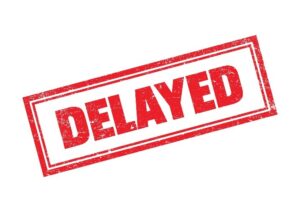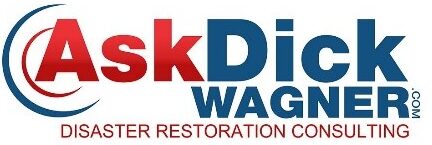 Procrastination is a familiar adversary that plagues individuals and organizations alike. It’s frequently seen as a coping mechanism to avoid supposed risks and uncertainties. While some may argue that delaying decisions and actions can ease potential dangers, the experts contend that procrastination, especially when employed as a risk reduction strategy, can ironically escalate risks rather than mitigate them. I’ll explore the psychological and organizational aspects of procrastination and discuss how embracing a proactive approach can lead to better risk management.
Procrastination is a familiar adversary that plagues individuals and organizations alike. It’s frequently seen as a coping mechanism to avoid supposed risks and uncertainties. While some may argue that delaying decisions and actions can ease potential dangers, the experts contend that procrastination, especially when employed as a risk reduction strategy, can ironically escalate risks rather than mitigate them. I’ll explore the psychological and organizational aspects of procrastination and discuss how embracing a proactive approach can lead to better risk management.
Procrastination is the tendency to delay tasks or decisions despite knowing the negative consequences of such delays. People often procrastinate to reduce stress or fear of failure associated with a given task. However, the underlying reasons for procrastination can be complex, ranging from poor time management and low self-discipline to fear of judgment or perfectionism. A seemingly simple idea like delaying or not making choices about who to market to or visit can lead to a loss of potential clients and business. Many marketers struggle with this very problem causing potential harm to them and their company.
When individuals or organizations procrastinate in the name of risk reduction, they inadvertently allow potential problems to escalate. Small issues that could have been addressed promptly grow into significant challenges, making them harder to manage. For instance, postponing routine maintenance on machinery might seem like a risk reduction strategy to avoid downtime, but it can lead to more substantial breakdowns and longer production stoppages in the long run.
While procrastinating, individuals might miss out on potential opportunities for growth or innovation. For the marketer specifically, delaying decisions to tackle a new market or implement new marketing strategies can result in falling behind competitors or losing market share.
Stalling can lead to decision paralysis, where people become overwhelmed by the fear of making the wrong choice. As a result, crucial decisions are postponed indefinitely, leaving others in a state of uncertainty and hindering progress.
 Chronic postponement can negatively affect morale and productivity within companies. When teams see a lack of progress due to indecisiveness or delayed actions from leadership, it can lead to a decline in motivation and a belief that their efforts are unvalued.
Chronic postponement can negatively affect morale and productivity within companies. When teams see a lack of progress due to indecisiveness or delayed actions from leadership, it can lead to a decline in motivation and a belief that their efforts are unvalued.
Embracing a Proactive Approach actually helps overcome this problem. Instead of letting fear drive decisions, a proactive approach involves objectively assessing risks and developing proper risk management strategies. Accepting potential challenges and planning for contingencies enables prompt and informed decision-making.
Effective time management and prioritization are also essential in combating procrastination. Breaking down tasks into manageable steps and setting clear deadlines can instill a sense of urgency and focus, preventing delays.
We should foster a culture that encourages initiative and rewards taking calculated risks. People who feel empowered to act are more likely to find and address potential risks early on. Embracing failure as a learning opportunity will reduce the fear of making mistakes. Encouraging a growth mindset allows people to view setbacks as chances to improve and adapt their strategies.
Procrastination may seem like a cautious approach to risk reduction, but it can have detrimental consequences in the long run. The magnification of problems, missed opportunities, decision paralysis, and negative impacts on morale and productivity are just some of the perils associated with procrastination. In its place, a proactive approach that involves realistic risk assessment, time management, and prioritization can lead to better risk management and overall success. By recognizing the dangers of procrastination, individuals can pave the way for more effective decision-making and better outcomes.
 By Dick Wagner, Co-Founder The CREST Network, LLC
By Dick Wagner, Co-Founder The CREST Network, LLC
Nationally recognized coach, consultant, and trainer.
Creator of the renowned PREP™ pre-disaster program.
Owner of AskDickWagner.com blog
Copyright © 2023
All Rights Reserved – Intellectual property of The CREST Network, LLC
